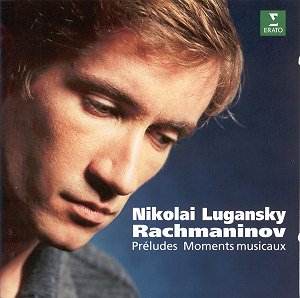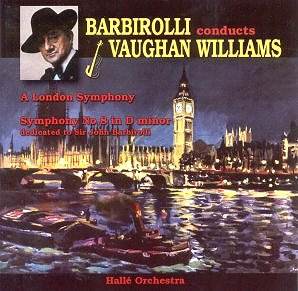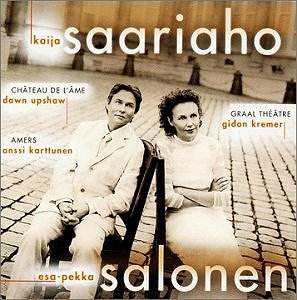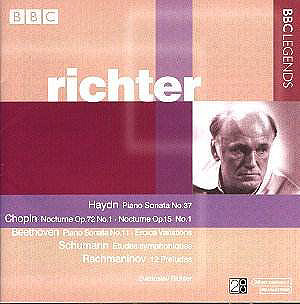 Composer: Sergei Rachmaninov
Composer: Sergei Rachmaninov
Works: Prelude in C sharp minor, Opus 3 No. 2; Ten Preludes, Opus 23; Six Moments musicaux, Opus 16
Performers: Nikolai Lugansky (piano)
Recording: 18-22 September 2000, Teldec Studio, Berlin
Label: Erato 85738 57702
Sergei Rachmaninov’s piano music, marked by its lush harmonies and expansive emotional range, presents a formidable challenge to any pianist. His Preludes and Moments musicaux encapsulate the Russian composer’s unique synthesis of Romanticism and burgeoning modernity, all while demanding a virtuosic command of the instrument. Nikolai Lugansky’s latest recording of these works offers a fresh perspective on this rich repertoire, showcasing his technical prowess and interpretative choices that merit careful consideration.
Lugansky’s performance is characterized by a remarkable technical bravura that meets Rachmaninov’s demanding score head-on. This is evident from the outset in the iconic Prelude in C sharp minor, Opus 3 No. 2, where the pianist balances the dramatic contrasts inherent in the music with a fluidity that breathes life into the piece. The recording quality deserves particular mention; the engineers have captured the resonant sonorities of the Steinway piano exceptionally well, allowing the subtleties of Lugansky’s dynamics to emerge. The acoustic of the Teldec Studio enhances the clarity of individual notes while enveloping the listener in the enveloping warmth of Rachmaninov’s harmonic language.
The G minor Alla marcia Prelude from Opus 23 stands out as a highlight, delivering a thrilling rhythmic drive that is both exhilarating and precise. Here, Lugansky demonstrates an acute awareness of Rachmaninov’s penchant for martial rhythms, driving forward with a confidence that is both engaging and exhilarating. His phrasing is incisive, yet occasionally one wonders if a deeper engagement with the lyrical elements might have yielded a more nuanced interpretation. The slower pieces, such as those in the Six Moments musicaux, reveal a slight hesitancy in capturing the poetic essence that characterizes the composer’s most tender moments. While Lugansky’s command over the technical demands is indisputable, the emotional depth often feels just a touch restrained compared to his illustrious predecessor, Vladimir Ashkenazy, whose interpretations are imbued with a more palpable sense of yearning.
In examining the textural details that Lugansky brings to the forefront, particularly in the Moments musicaux, one can appreciate how his interpretation unearths subtleties that might otherwise remain obscured. The delicate interplay of voices in these pieces, coupled with his exceptional control of dynamics, creates an engaging listening experience. Yet, one is left to ponder how these performances might evolve with time; the youthful energy in Lugansky’s playing is undeniable, but there lies the potential for greater depth and insight to emerge as his interpretative voice matures.
While Nikolai Lugansky’s latest recording is marked by technical accomplishment and a keen awareness of Rachmaninov’s stylistic intricacies, it also serves as a reminder of the interpretative journey ahead. His performances, though compelling, invite comparison to more seasoned interpretations that delve deeper into the poetics of the music. The combination of his solid technique and the superb engineering of this recording creates a commendable addition to the Rachmaninov discography, one that may resonate particularly well with listeners seeking a fresh but still evolving perspective on these beloved works.



